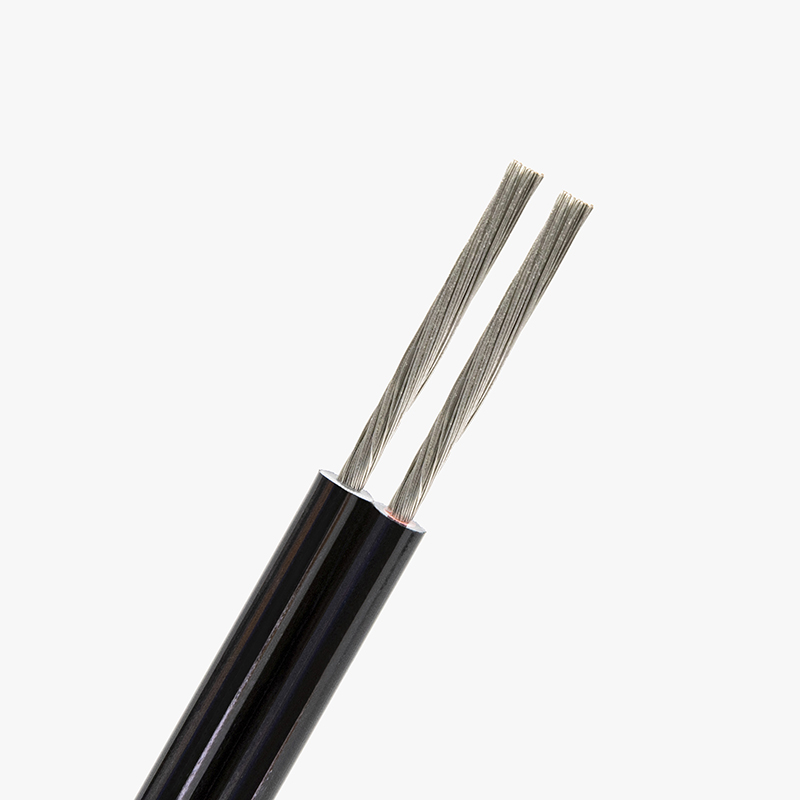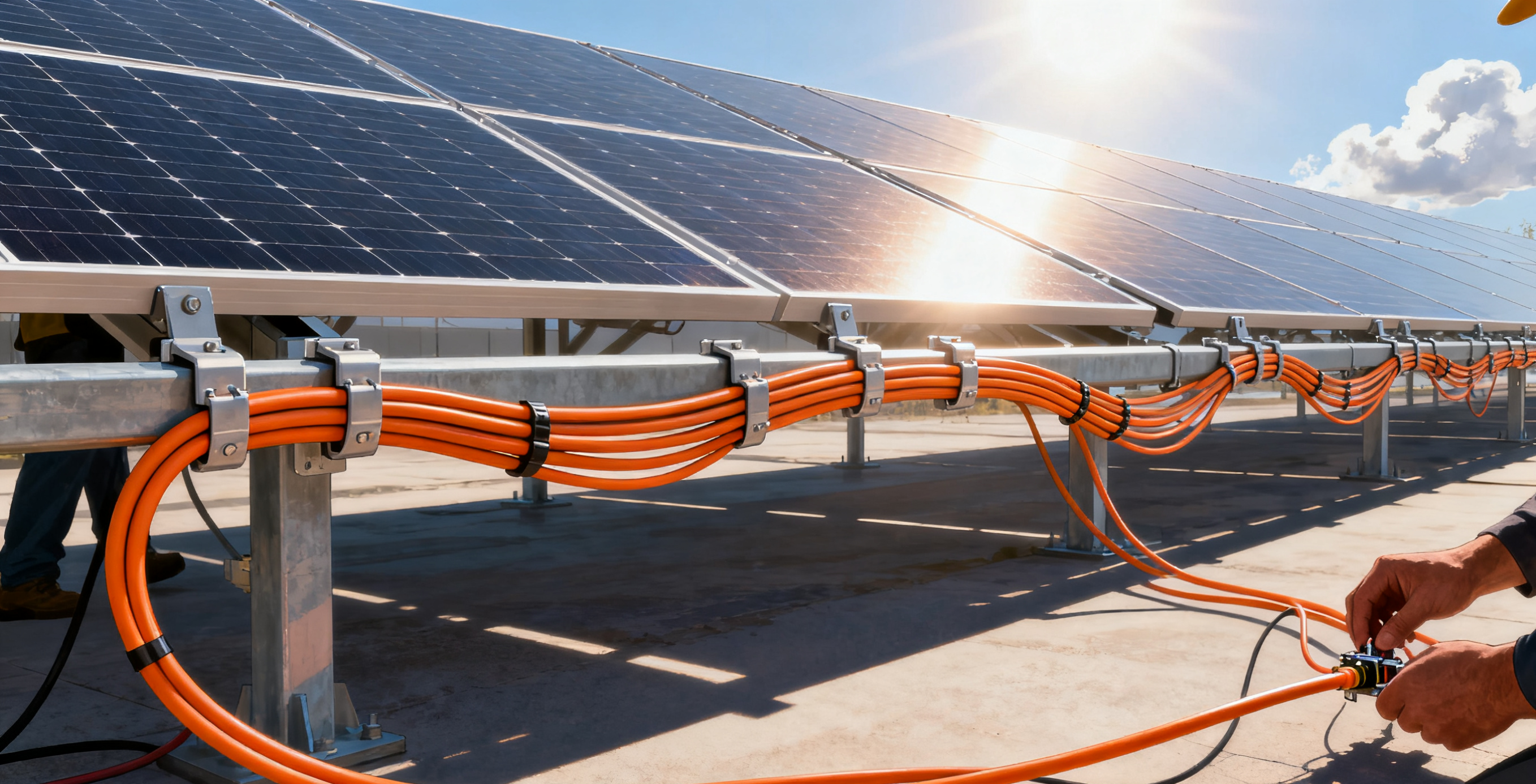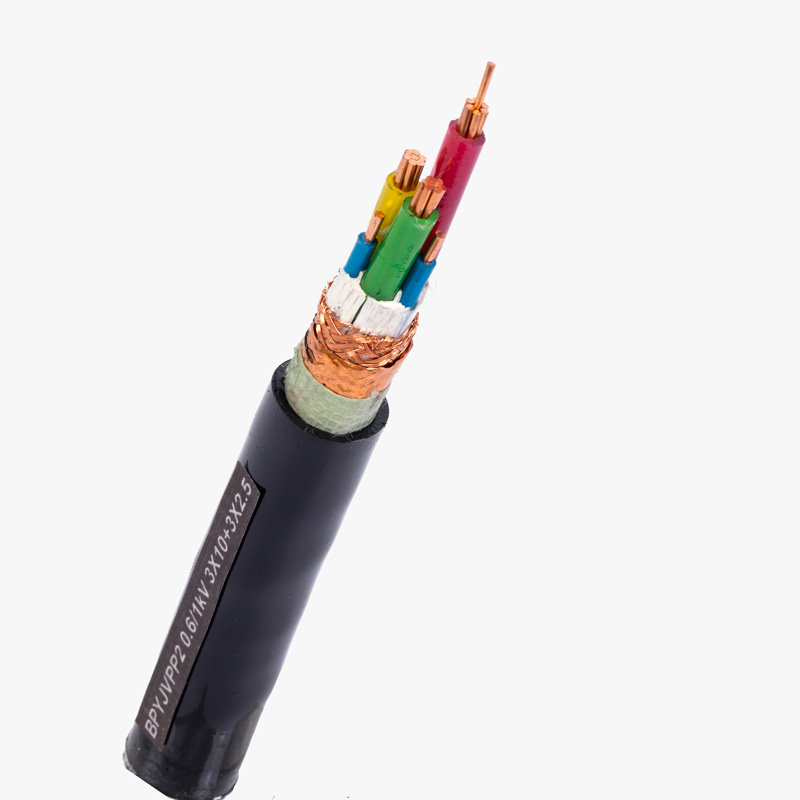Are You Using the Right Wire for Your Photovoltaic Installation?
Photovoltaic (PV) installations are becoming increasingly popular as the demand for renewable energy rises, but are you using the right wire to optimize efficiency and safety? Many installation professionals face the challenge of selecting a wire that meets both electrical and environmental demands. Choosing the wrong cable can lead to performance issues, increased risks of fire hazards, and shortened system lifespan. Fortunately, the solution lies in using PV wire, which is specifically designed to withstand the demands of photovoltaic installations. By using high-quality PV wire from a reliable wholesaler, you ensure safety, durability, and optimal performance, reducing long-term maintenance costs and improving energy efficiency.

PV Wire: A Key Component for Reliable Solar Systems
PV wire is a type of wire used in solar power installations. It is built to endure extreme conditions such as high temperatures, UV exposure, and moisture, ensuring reliability and longevity for solar systems.
Understanding PV Wire and Its Importance
PV wire is a specialized type of cable designed for photovoltaic systems. Unlike regular wires, PV wires are engineered to handle the unique environmental and electrical demands of solar energy systems. These wires are typically made with a durable outer jacket, resistant to the sun’s UV rays and extreme temperatures, ensuring longevity in outdoor conditions. The conductors inside are often made of tinned copper or other high-quality materials that prevent corrosion and maximize conductivity.
When used in a photovoltaic installation, PV wire facilitates the transfer of electricity from solar panels to the inverter and other components, helping optimize overall system performance. Without this specialized cable, solar energy systems can suffer from inefficiencies and safety concerns, such as voltage drops or overheating. The durability and reliability of PV wire are critical factors in maintaining the energy output and safety of the entire system over its lifespan.
Advantages of PV Wire in Solar Installations
PV wire offers several distinct advantages that make it the go-to choice for solar power systems. First and foremost, it is designed to handle the high voltages and currents typical of solar installations, ensuring stable and efficient power transmission. The cable’s robust construction resists weathering, UV rays, and extreme temperatures, making it ideal for both residential and commercial systems installed outdoors.
Moreover, PV wire is highly flexible, allowing for easier installation even in tight spaces. This flexibility also ensures that the wire can withstand physical stress during installation and throughout its lifespan. Additionally, PV wire is designed to be highly resistant to abrasion and wear, which is crucial when it is exposed to environmental factors like dirt, dust, or mechanical strain.
Another key benefit is that PV wire has high insulation resistance, which helps prevent electrical faults, minimizing the risk of fires and electrical shocks. By using high-quality PV wire from a reputable manufacturer or supplier, you can be sure that your installation complies with the necessary safety standards and regulations.
How to Choose the Right PV Wire for Your Solar System
When selecting PV wire for your installation, several factors must be considered to ensure optimal performance and safety. First, you need to choose a wire with the appropriate voltage rating for your system. The wire should be able to handle the maximum voltage generated by your solar panels without the risk of overheating or short-circuiting.
Additionally, consider the temperature rating of the photovoltaic wire. Different regions experience varying environmental conditions, and the wire must be able to withstand both the local temperature extremes and the conditions at the installation site. UV resistance is another important factor, as the wire will be exposed to direct sunlight for extended periods. Make sure that the wire has been tested and rated for UV exposure to prevent degradation over time.
Finally, evaluate the cable’s durability and flexibility. Choose a wire that is not only durable enough to withstand outdoor elements but also flexible enough to facilitate easier installation and maintenance. This is particularly important for custom installations, where the wire needs to be routed through complex paths. Working with a customizable wire supplier ensures that your installation can be tailored to your specific needs.
Key Benefits of Using PV Wire in Installations

Using PV wire in solar installations offers multiple benefits, including improved safety, efficiency, and reliability. The wire’s resistance to environmental factors such as moisture, heat, and UV rays ensures that it will last for many years without needing frequent replacements. This durability makes PV wire an ideal choice for both residential and commercial solar projects.
Moreover, PV wire helps maintain the overall performance of the solar system by providing consistent power transmission without the risk of power loss due to overheating or electrical faults. Its robust design allows for efficient installation, minimizing downtime and reducing labor costs. As solar energy adoption continues to grow, using high-quality PV wire is essential for ensuring that your solar power system operates at its full potential for the long term.
Conclusion
Incorporating PV wire into your solar system ensures a safe, reliable, and efficient installation. Choose a trusted manufacturer or supplier to ensure that your system operates at peak performance for years to come.




